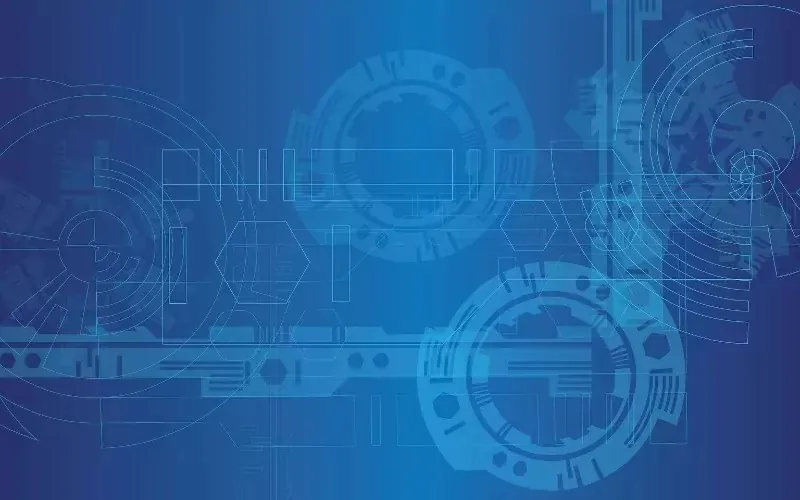Technology is immensely powerful, yet it is leading us towards ‘Homo Distractus.’
This term, coined by Anastasia Dedyukhina, reflects a growing inability to focus as digital distractions multiply. The implications for productivity and well-being are significant.
Dedyukhina, former digital marketer, realised that her smartphone was consuming her life. She decided to disconnect, focusing instead on helping others manage their relationship with technology. Her consultancy, Consciously Digital, aims to improve productivity by promoting healthier tech usage.
A prevalent myth persists that humans are capable multitaskers. Dedyukhina challenges this notion, highlighting studies that show productivity declines when individuals task-switch frequently. The cost of switching not only reduces efficiency but depletes cognitive resources.
Every day, individuals receive massive amounts of information, analogous to 175 newspapers, through various media channels. This overload requires constant micro-decisions, whether to answer an email or click a link, which gradually drain mental energy.
When emails remain unread, they continuously occupy mental space. This undermines one’s ability to concentrate on more pressing tasks, fragmenting focus throughout the day.
Dedyukhina advises against checking emails until major tasks are completed. This ensures that one’s agenda is not dictated by others’ demands, fostering a proactive rather than reactive workflow.
Setting boundaries around email responses, such as checking them only a few times a day, helps in managing expectations. People are generally accommodating when they understand your schedule.
Unplugging from technology can lead to improved performance and relationships. Experiments have shown that teams perform better when members disconnect regularly, debunking fears of missed opportunities.
Despite fears of missing out, evidence suggests that unplugging does not adversely affect business outcomes. In fact, communication remains effective as long as clients are informed about availability.
The belief that we are irreplaceable leads to overestimating the necessity of constant connectivity. This mindset creates unnecessary stress and can hinder personal and professional growth.
Developing new etiquette around tech usage is crucial. This involves setting clear communication limits and sticking to them.
Educating teams and individuals on these new norms can enhance understanding and cooperation. These boundaries can lead to a more focused and productive work environment.
Establishing personal rules, like Dedyukhina’s refusal to check emails before finishing major tasks, can aid in reclaiming control over one’s time and attention.
Adopting healthier tech habits improves productivity and overall well-being. By challenging the myths of multitasking and constant connectivity, individuals and organisations can reclaim focus.
The move away from ‘Homo Distractus’ towards more mindful technology use is not just beneficial; it is essential for thriving in today’s digital age.
The journey to mitigate tech-induced distraction requires conscious effort.
By becoming more mindful of our tech usage, we can enhance both personal productivity and organisational effectiveness.

